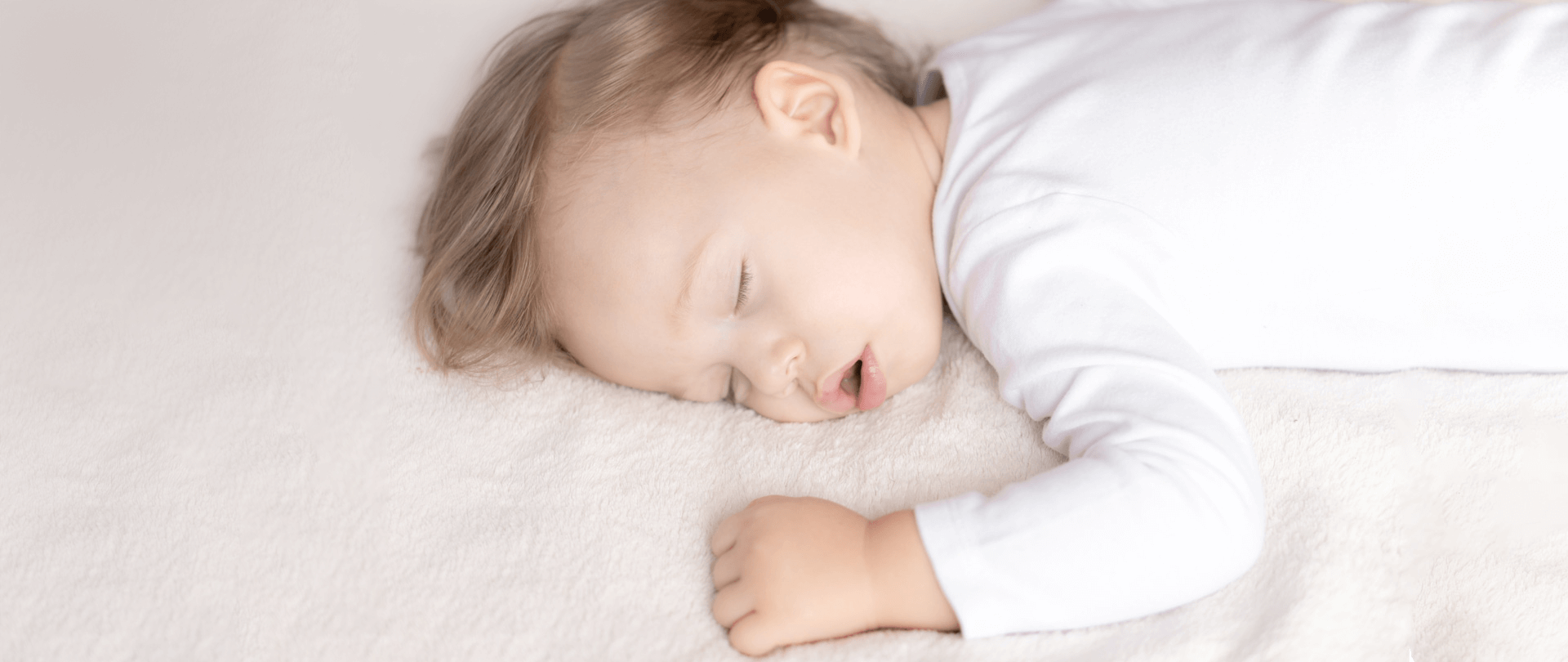MOUTH BREATHING AND SLEEP DISORDERS IN
CHILDREN
“Jaw Position & Sleep Quality”
Mouth Breathing,
Sleep Apnea,
Snoring

- Changing positions often while sleeping
- Nasal congestion in the morning
- Sleeping with an open mouth
- Audible breathing sounds
- Loudly snoring in teenagers
- Bed-wetting
- Learning difficulties
- ADHD
- Limited attention and concentration
- Stunted growth
- Hyperactive behaviour
- Crankiness even after a full night’s sleep
HOW IS SLEEP DISORDERS IN CHILDREN DIAGNOSED?
Paediatric sleep-disordered breathing (SDB) is diagnosed based on:
- Physical examination
- Questionnaires and viewing of some recorded videos of the child’s sleeping
- Family history of OSA
- Medical conditions such as cerebral palsy or Down syndrome
IS YOUR CHILD HABITUALLY MOUTH BREATHING?
Mouth breathing can present in an array of symptom which only get more severe with age hence it is best to identify and correct it as early as possible.
PAEDIATRIC SLEEP-DISORDERED BREATHING (SDB) TREATMENTS
We aim to treat not only the symptoms of sleep-disordered breathing but also ensure to enhance the child’s overall wellness. Another SDB treatment includes Correction of Tongue Function and Mobility. It can help improve nasal breathing and correct the position & function of the tongue, which can open up the airway passage.
In the case of enlarged tonsils and adenoids causing pediatric SDB, a combination of breath retraining and myofunctional therapy is used. Surgery (tonsillectomy and adenoidectomy) may be recommended only in cases where conservative approaches may not be successful. Continuous positive airway pressure (CPAP) therapy is another effective pediatric sleep apnea treatment that must be considered by individuals. Also, if excess weight is causing sleep apnea or breathing problems, pediatric sleep specialists may suggest dietary & lifestyle changes to maintain a healthy weight.Frequently Asked Questions
Yes, sleep apnea can affect children. Usually newborn snoring is an early sign of sleep apnea. Hyperactivity, porr attention and concentration are very common signs of sleep apnea in children. But, with timely diagnosis and treatment, sleep apnea in children can be treated effectively.
Yes, having a family history of sleep apnea increases the risk of sleep apnea in your child. If you are worried about sleep apnea affecting your child, then you can seek guidance from Dr. Ankita Shah, a renowned sleep apnea specialist in India. She will help you identify the root cause of your child’s sleep apnea and provide the best solutions for it.
OUR GLOBALLY AVAILABLE VIRTUAL MYOFUNCTIONAL THERAPY
Blogs


















